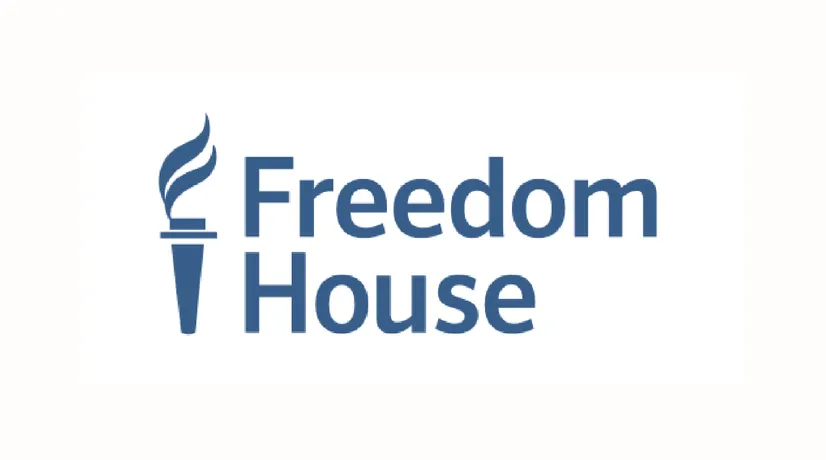Freedom on the Net: The Rise of Digital Authoritarianism (Myanmar)
05 November 2018

June 1, 2017 – May 31, 2018
- Content available online has become less diverse, as the government and military continue to further entrench the state narrative about the Rohingya crisis (see Media, Diversity, and Content Manipulation).
- Online activists and journalists reporting in Rakhine State experienced increasing intimidation and violence, with an attempted murder against one journalist and another fleeing the country out of safety concerns (see Intimidation and Violence).
- As Facebook has ramped up its efforts to remove content and accounts relating to the Rohingya crisis, the platform’s blocking and filtering process has been opaque with limited, if any, avenue for appeal (see Blocking and Filtering and Content Removal) .
- The government established the “Social Media Monitoring Team,” presumably to target pro-Rohingya activists, international civil society organizations, and foreign media (see Surveillance, Privacy, and Anonymity).
- Internet penetration rose, and three new telecom operators began offering services in 2018: Mytel, Amara Communications, and Global Technology Group (see ICT Market and Availability and Ease of Access).
Internet freedom declined in 2018 under the governing National League for Democracy (NLD), chaired by Nobel Peace Prize laureate Aung San Suu Kyi. The government and military continue to attempt to shape and control public debate on the Rohingya Muslim minority and the massive exodus of refugees fleeing from what the former UN High Commissioner for Human Rights called “a textbook example of ethnic cleansing.”
Atrocities in Myanmar were thrust to the international stage during the reporting period, as Facebook came under pressure for failing to combat disinformation on its platform. In September 2018, a UN fact-finding mission report called for prosecuting perpetrators of genocide, crimes against humanity, and war crimes via the International Criminal Court (ICC) or a new ad hoc criminal tribunal. That same report highlighted Facebook’s role in the atrocities, claiming that it has been a “useful instrument” for spreading hate and inciting violence, and noted that the platform serves as the internet for many in the country. Separate reports have provided evidence of the government’s and military’s systematic campaigns to spread disinformation online in order to popularize the state’s narrative. In attempts to limit the proliferation of disinformation and inflammatory content, Facebook’s opaque blocking and filtering processes have had a disproportionate effect on Myanmar internet users.
Meanwhile, online activists and journalists working in Rakhine State or reporting on the Rohingya are at an increased risk of violence, intimidation, and prosecution. In one of the most notable cases during the reporting period, two Reuters journalists investigating a massacre of Rohingya men and boys were arrested in December 2017 and later sentenced to seven years in prison in August 2018, following the reporting period.
In 2018, the government established an online surveillance mechanism without any safeguards and adopted yet another law with criminal defamation provisions, in addition to the Telecommunications Law which continues to be used to imprison users. The government has been unwilling to conduct open consultations with civil society before amending or adopting laws and policies.
In a positive development, the internet is now more accessible in Myanmar. The government issued telecommunications licenses, resulting in more mobile phone operators, new 4G services, and a host of new fixed-line and mobile broadband services in major cities and smaller towns, increasing competition and driving down some prices for users.
View this original full report HERE.
၎
င
၎
၎
Announcements
21 May 2025
Open letter: Malaysia must lead ASEAN with principle, not hypocrisy, to address the Myanmar crisis

Progressive Voice is a participatory rights-based policy research and advocacy organization rooted in civil society, that maintains strong networks and relationships with grassroots organizations and community-based organizations throughout Myanmar. It acts as a bridge to the international community and international policymakers by amplifying voices from the ground, and advocating for a rights-based policy narrative.